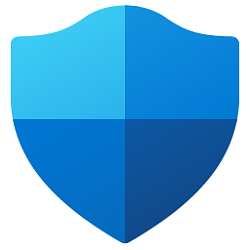stevewilliams607
Member
Hello all. Im just getting my firs gaming PC. It will be used solely for gaming and mainly via Steam. As I wont be using it to look at anything else do I need an anti-virus or firewall and if so what should I get????
Thanks
Thanks


